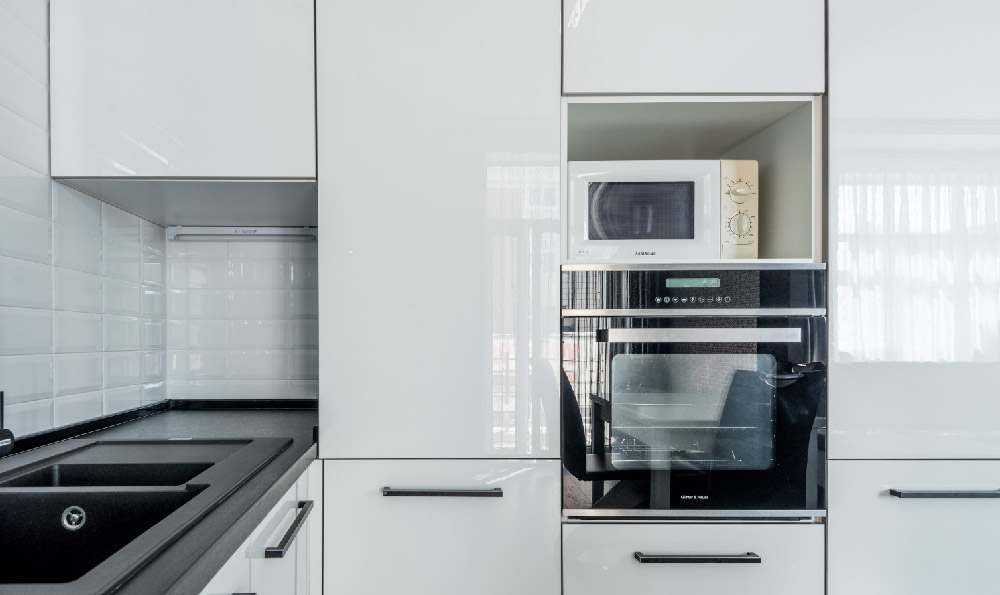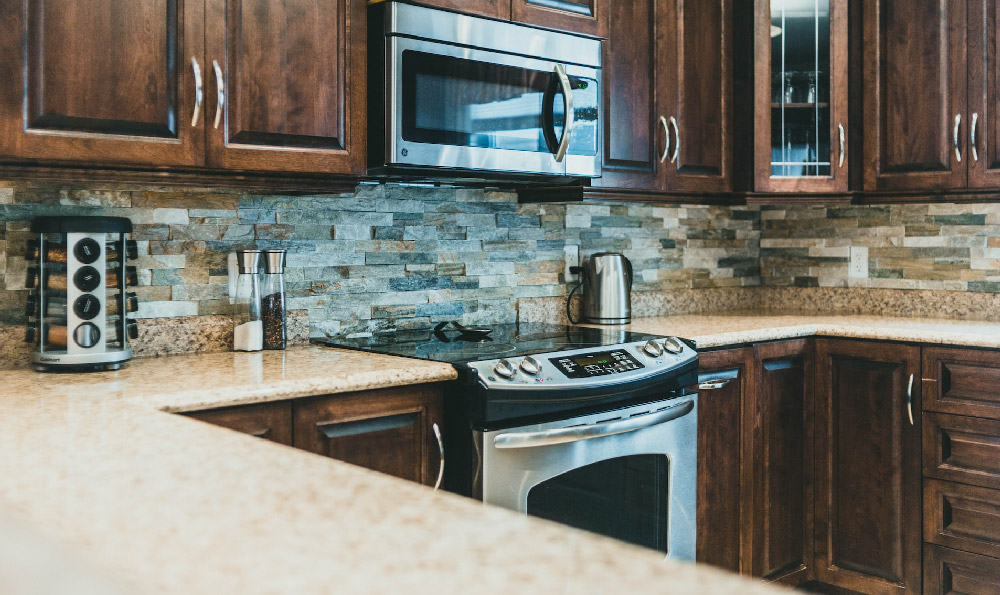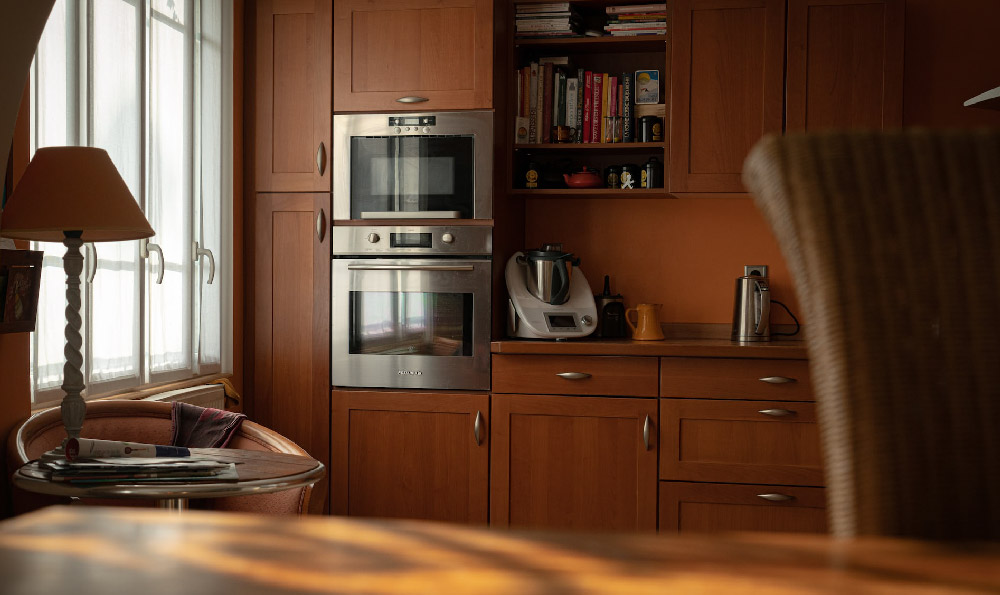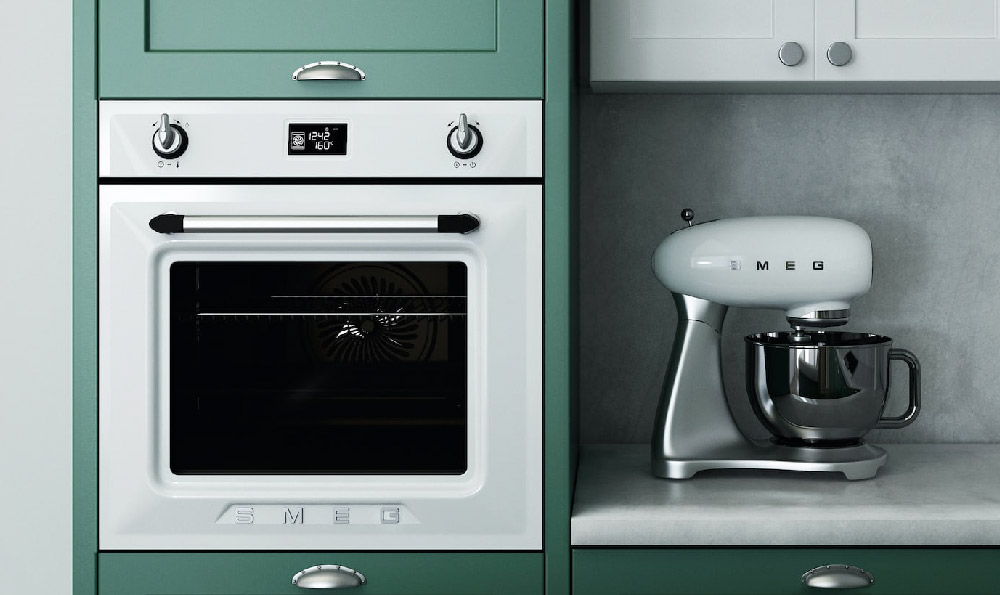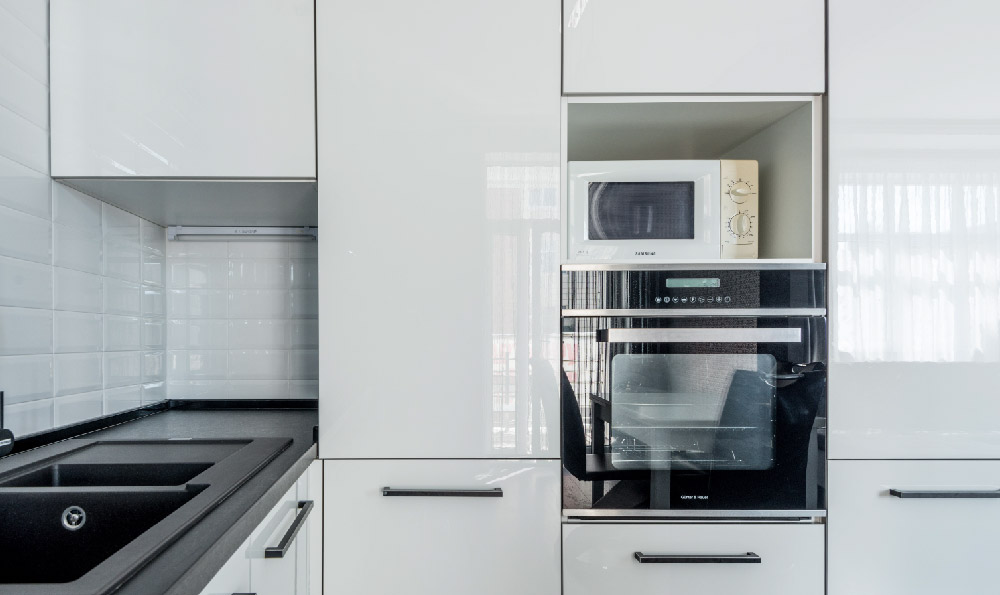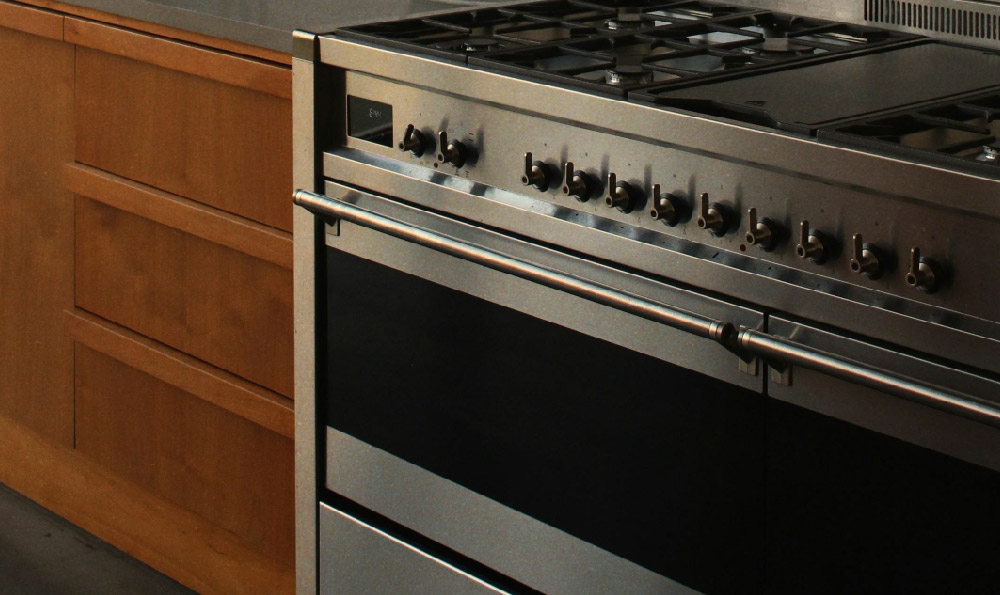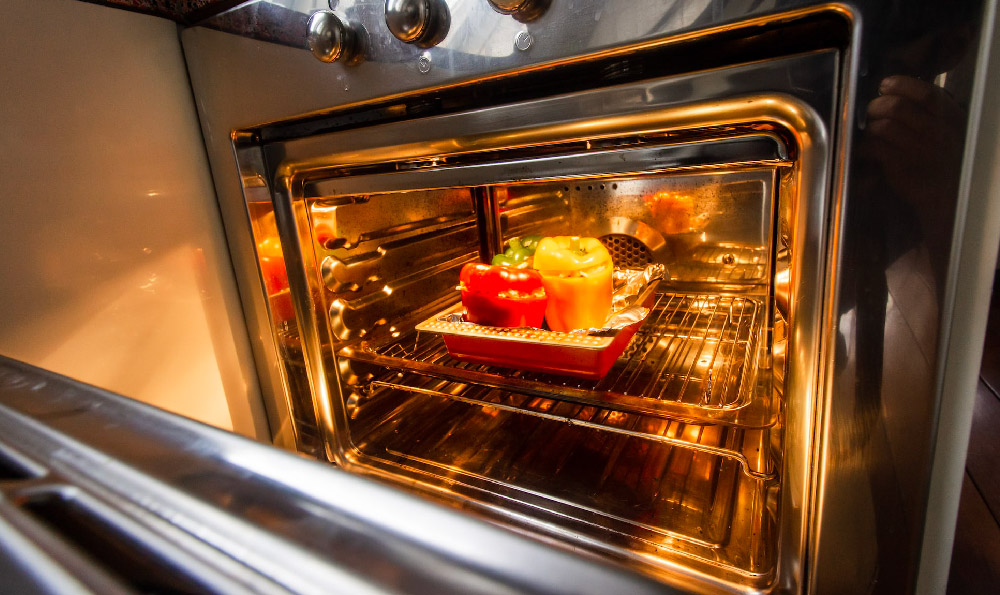未来的智能家居生活已经成为了人们生活中的重要一环。通过智能技术的发展,家庭变得更加智能化、便利化和智能化。未来的智能家居将以其独特的功能和优势,逐渐改变人们的生活方式。

一、智能家居的基本概念和发展现状
智能家居是指通过物联网、人工智能等技术,将家庭设备和家居设施进行互联互通,实现智能化控制和管理。智能家居产品已经涵盖了灯光、空调、安防、家电、音响等各个方面,为人们提供了便利和舒适的生活体验。
二、智能家居的优势和意义
智能家居的优势主要体现在以下几个方面:智能家居能够提高生活的便利性和舒适性,通过语音控制和手机APP等方式,实现远程控制和智能化管理;智能家居能够提高家居安全性,通过智能门锁、视频监控等设备,防止盗窃和灾害事故;智能家居能够提高能源利用效率,通过智能电表、智能灯具等设备,实现能源的监控和节约;智能家居还能够提供个性化的需求和服务,通过学习用户的习惯和喜好,智能家居能够自动调节家电设备的使用和状态,为用户提供更好的体验。
三、智能家居的发展趋势和前景
未来的智能家居将会呈现出以下几个发展趋势:智能家居将更加普及,智能设备的价格逐渐下降,智能家居将成为家庭必备品;智能家居将更加智能化,通过人工智能和机器学习等技术,智能家居能够更好地适应用户的需求和习惯;智能家居将更加个性化,智能设备将会根据用户的需求和喜好,自动调整设备的使用和状态;智能家居将更加智慧化,智能设备将通过云计算和大数据等技术,实现家庭设备之间的互联互通,为用户提供更加便利和舒适的生活。
四、智能家居的挑战和未来发展的方向
尽管智能家居有诸多优势和发展前景,但也面临一些挑战。智能家居的安全性和隐私保护仍然是一个重要的问题,如何保护用户的隐私和数据安全是智能家居未来发展的关键;智能家居的标准和协议仍然不统一,不同厂商的智能设备存在兼容性问题,如何实现设备之间的互联互通是智能家居未来发展的重要方向;智能家居的普及和推广仍然需要一定的市场培育和教育,提高用户对智能家居的认知和接受度是智能家居未来发展的关键。
五、未来智能家居的应用场景和影响
未来智能家居的应用场景将会更加丰富多样,不仅仅局限于家庭生活。智能家居将在医疗、教育、商业等领域发挥重要作用,为人们提供更加便利和高效的生活方式。智能家居的发展也将推动相关产业的发展,促进经济的增长和社会的进步。
未来的智能家居将会进一步改变人们的生活方式,提供更加便利和舒适的生活体验。通过智能技术的发展,智能家居将成为人们生活中不可或缺的一部分,为我们带来更加智能化和高效化的生活方式。让我们期待未来智能家居的到来!
未来的智能家居生活
一、智能家居的发展趋势
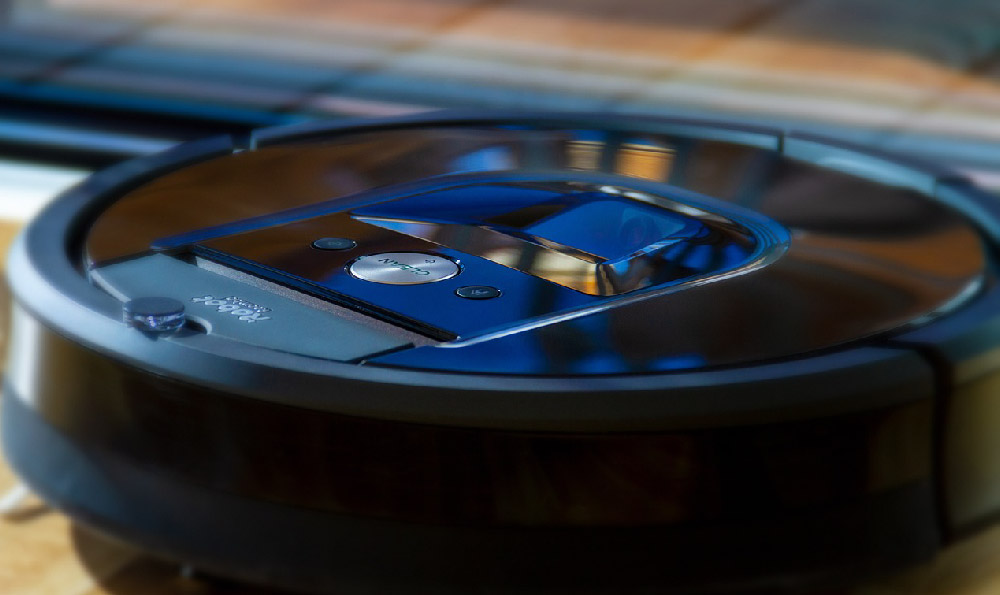
智能家居是指通过科技手段,将各种家居设备连接起来,实现互联互通、自动化控制的一种生活方式。智能家居市场正处于快速发展阶段,各类智能设备层出不穷。未来的智能家居将更加普及和成熟,成为人们生活的标配。
二、智能家居的五大趋势
1. 智能化卫生间
卫生间是人们日常生活中不可或缺的一部分,未来的智能卫生间将更加智能化。淋浴房可以通过人脸识别技术,自动识别用户并调整水温、水压等参数,提供个性化的洗浴体验。卫生间还可以智能监测人体健康状况,如测量血压、心率等,及时提醒用户注意健康。
2. 智能化厨房
未来的智能厨房将成为人们生活中的得力助手。智能化厨房将通过物联网技术连接各种厨房设备,实现自动化控制。通过智能语音助手可以实现语音控制灶具、烤箱等设备的开关和调整功能。智能厨房还可以根据用户的饮食习惯和身体状况,智能推荐食谱,并提供烹饪指导。
3. 智能化客厅
未来的智能客厅将更加智能化和互联互通。通过智能电视和扬声器等设备,可以实现语音和手势控制,方便用户操控电视、音乐等娱乐设备。智能化客厅还可以连接智能家居设备,实现一键控制,例如通过手机App可以实现智能灯光的开关和调节,提供个性化的光照效果。
4. 智能化卧室
未来的智能卧室将成为人们身心健康的温馨场所。智能化卧室可以通过智能床垫和智能灯具等设备,实现智能睡眠监测和调节。智能床垫可以根据用户的睡眠状态,智能调节床垫的硬度和高低,提供个性化的睡眠体验。智能灯具可以通过模拟自然光线,帮助用户调整生物钟,提高睡眠质量。
5. 安全保护和隐私保护
未来的智能家居将注重安全保护和隐私保护。智能家居设备将采用更加安全可靠的技术,确保用户的信息和财产安全。智能家居设备也将更加注重用户的隐私保护,避免个人信息泄露的风险。智能家居设备可以采用加密技术,保护用户的个人信息不被非法获取。
三、未来智能家居的意义和影响
未来的智能家居将为人们带来诸多便利和舒适,提高生活质量。智能家居将节约能源,提高家庭安全,提升生活效率,改善用户的生活体验。智能家居的发展也将推动相关产业的发展,促进经济增长和就业机会的增加。
总结句:未来的智能家居生活将成为人们的常态,通过智能家居设备的互联互通和自动化控制,人们将享受更加便捷、舒适和安全的生活体验。
未来智能家居英语作文
With the rapid development of technology, smart homes have become a hot topic in recent years. The concept of a smart home is to integrate various devices and appliances into a network that can be controlled remotely. In this way, homeowners can enjoy convenience and comfort in their daily lives. This article will explore the future of smart homes and their impact on the industry.
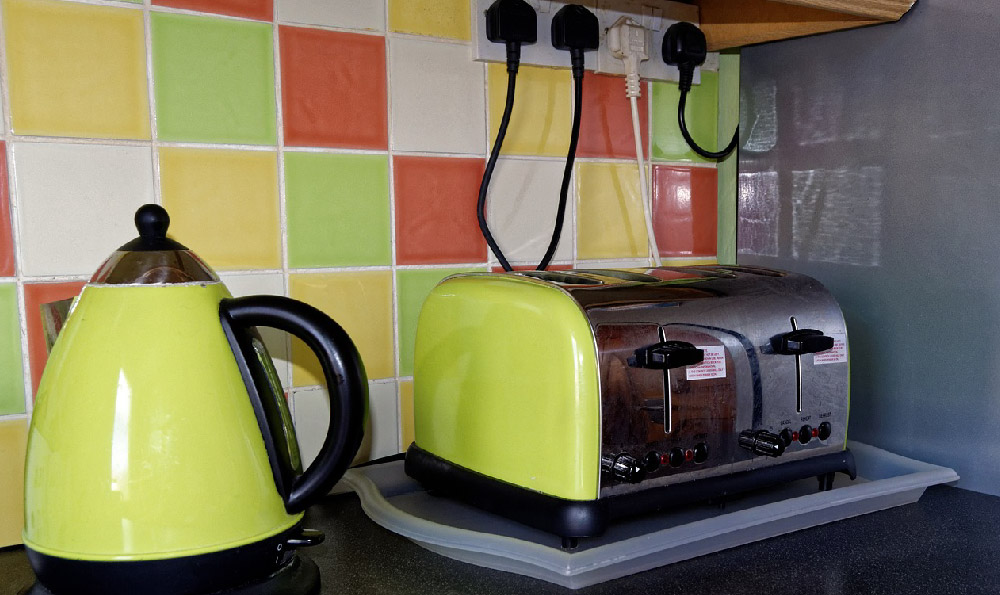
The smart home industry is expected to experience significant growth in the coming years. This is due to the increasing demand for convenience and automation in households. Smart devices such as voice assistants, smart thermostats, and security systems are becoming more affordable and accessible to the general public. As a result, more and more people are embracing the idea of a smart home.
One of the key benefits of a smart home is its ability to enhance energy efficiency. Smart thermostats, for example, can learn the occupants' behavior and adjust the temperature accordingly. This not only maximizes comfort but also reduces energy consumption. In addition, smart lighting systems can automatically turn off when not in use, further saving energy.
Safety and security are also major advantages of smart homes. With the integration of smart security systems, homeowners can monitor their houses remotely and receive instant alerts in case of any suspicious activities. This provides peace of mind and ensures the safety of the occupants.
Another aspect that sets smart homes apart is the convenience they offer. Imagine being able to control all your home appliances with just a voice command or a tap on your smartphone. From turning on lights to starting your coffee maker, everything can be done effortlessly. This level of convenience not only saves time but also makes daily tasks more enjoyable.
Moreover, the future of smart homes lies in their ability to adapt to users' needs and preferences. Advanced artificial intelligence algorithms can learn from users' behaviors and patterns to create a personalized experience. For instance, the smart home can adjust the lighting and temperature based on individual preferences, creating a comfortable and welcoming environment.
In terms of entertainment, smart homes are revolutionizing the way we enjoy media. With the integration of streaming services and smart TVs, homeowners can easily access their favorite movies, shows, and music with a simple voice command. This seamless integration of entertainment systems creates a more immersive and enjoyable experience for users.
Despite the numerous benefits, there are also challenges and concerns surrounding smart homes. One of the major concerns is privacy and data security. As smart homes collect a vast amount of data, there is a risk of this information being exposed or misused. Therefore, it is crucial for manufacturers and users to prioritize data protection and implement robust security measures.
In conclusion, the future of smart homes is promising. With advancements in technology, smart homes will continue to provide convenience, energy efficiency, safety, and personalization to homeowners. However, it is essential for the industry to address privacy and security concerns to ensure the widespread adoption of smart homes. As more people embrace this technology, the smart home industry will undoubtedly flourish and transform the way we live.






